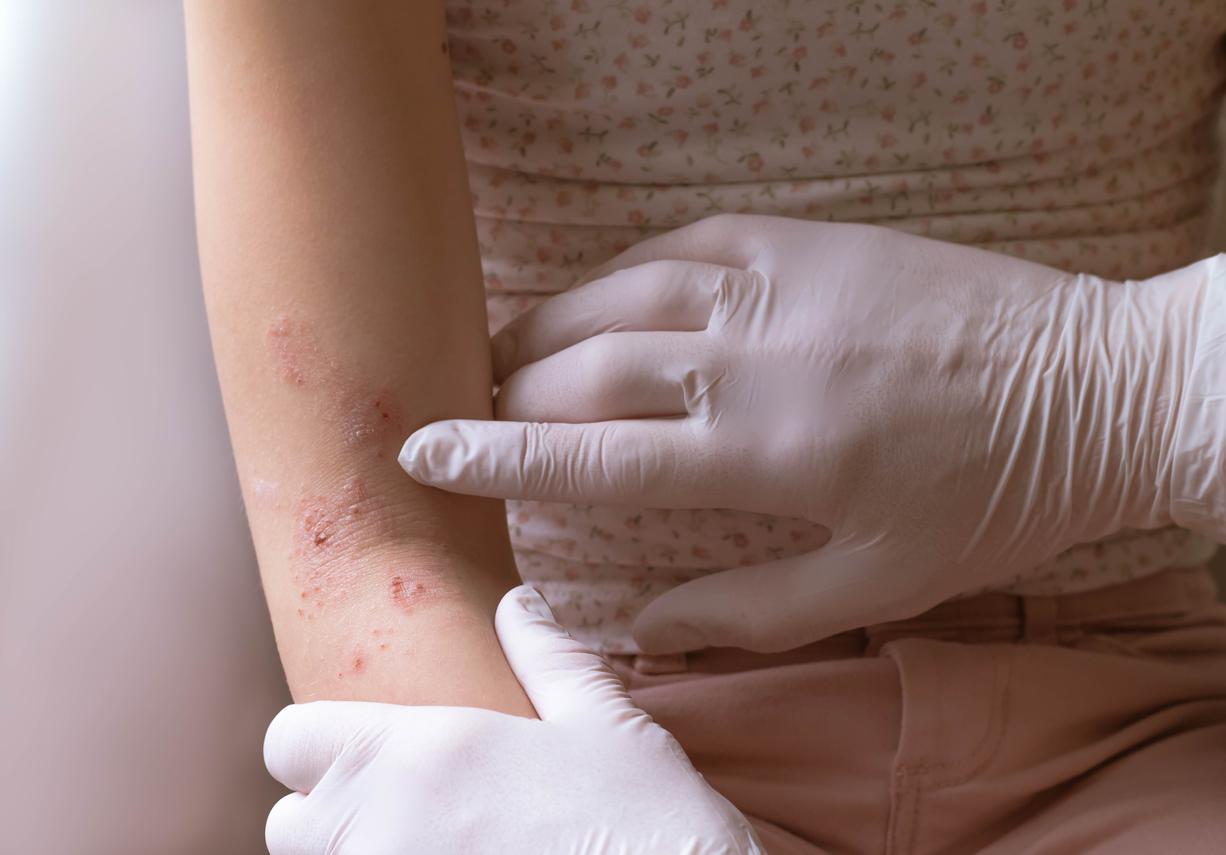While stress has many negative health effects, moms who have regular sex are more likely to avoid this pitfall.

- A study of 183 mothers aged 20 to 50 found that stress was less prevalent among those with an active sex life.
- Sexual activity was measured by asking participants daily whether they had had sex the previous night.
- The researchers also measured several metabolic indicators in the participants, including insulin, insulin resistance, leptin and ghrelin.
Sexual activity helps protect mothers from the deleterious health effects of chronic stress, according to a new investigation.
Maternal stress: how to assess sexual activity?
The study involved 183 women aged 20 to 50, all with at least one dependent child aged between 2 and 16. Participants were assessed at four different time points: baseline, 9 months, 18 months, and 24 months.
Sexual activity was measured by asking participants daily whether they had had sex the previous night. The researchers also measured several metabolic indicators in the participants, including insulin, insulin resistance, leptin and ghrelin.
The results showed that the more stressed mothers had higher levels of insulin and insulin resistance than the less anxious mothers. Importantly, these differences were influenced by sexual activity.
Among sexually inactive mothers, the group experiencing high daily stress had significantly poorer metabolic health than the more emotionally stable group. In contrast, the profile of sexually active mothers did not show significant differences based on their stress levels.
Less stress with sexual activity: what are these benefits due to?
“In short, our results indicate that the adverse effects of stress on metabolic health were significantly reduced in sexually active individuals,” said the study director. “This raises two important questions: Are these benefits due to the broader benefits of physical activity, given that sexual activity involves moderate energy expenditure? Or do they also reflect the broader benefits of a fulfilling relationship?” he adds.
“Overall, while we need more research to understand the precise mechanisms by which sexual activity protects against the adverse effects of stress on metabolic health, our findings suggest that the benefits of being sexually active extend beyond simply being on the move or being in a happy relationship.”he replies.

According to the Ramsay Health Foundation’s stress observatory, 9 out of 10 French people feel stress on a daily basis, with 38% having seen this unpleasant sensation increase over the last three years. Women and young people are particularly affected by this phenomenon.

















